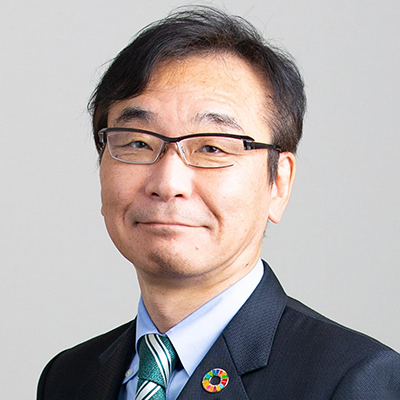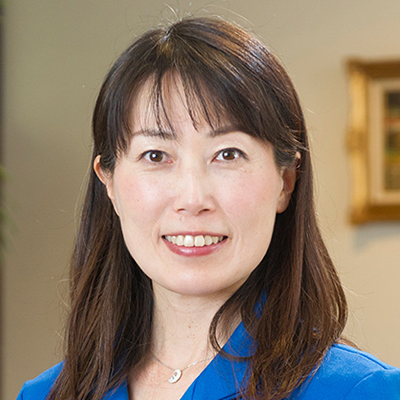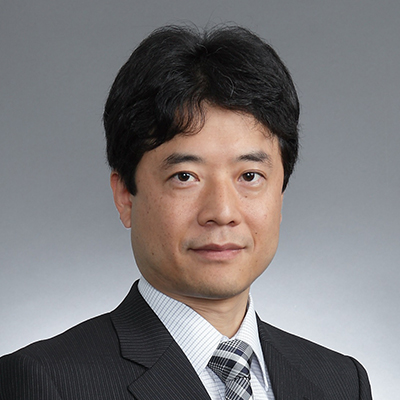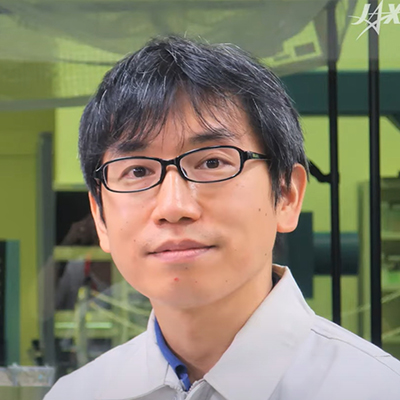NOW AVAILABLE

CONCEPT
Moving Together Toward the New Space Age
--Deepening International Cooperation
Space is no longer a remote and special place
– it is becoming a part of our life and economy.
In parallel with technological advances such as space travel,
lunar exploration and next-generation spacecraft,
the number of businesses that utilize space has grown.
Space has become an indispensable part of our lives.
The Nikkei Virtual Global Forum "The Future of Space 2022"
will explore the possibilities of space,
from Earth's orbit to the Moon, Mars and beyond,
and the global benefits and impacts on the economy,
business and society.
We will also discuss such issues as international collaboration,
sustainable space utilization and policy responses.
“International Cooperation"
is positioned as the common theme for each session,
and we would like to emphasize its importance
through examples of deepening cross-border cooperation
in both the public and private sectors.
AGENDA
*Honorifics and titles omitted, names in no particular order.
The Future of lunar exploration -- Why the Moon again? What’s next?
The Artemis Project, a manned lunar exploration project led by the U.S. with the cooperation of Japan and Europe, has begun and aims to land humans on the Moon in this decade or later. Governments are not the only ones aiming for the Moon. As lunar activities become more realistic, the private sector is also becoming more active. Expectations are high for the expansion of lunar exploration and lunar business by the private sector, such as a private project in Japan to verify the transportation of goods between the Earth and the Moon. In light of this situation, this session will discuss the forefront of private lunar projects, prospects for international cooperation between the public and private sectors, the future of lunar development, and challenges in the business environment.
The forefront of Mars exploration and the scope of U.S.-Japan cooperation
As the Earth's environment approaches its limits, Mars, the closest planet in the solar system, is attracting more and more attention as a potential future home for humanity. Countries are competing to investigate the climate, geology and possible existence of life. Technologies for transporting probes, observing from orbit, recovering materials from the surface, exploring near the surface, and analyzing data are advancing day by day. By extension, manned exploration is also becoming a reality. In this session, leading experts from Japan and the U.S. will introduce the rapidly evolving frontiers of Mars exploration technology and discuss the challenges that need to be overcome in the future and how international cooperation can be achieved.
Japan's spaceport on the move: The roadmap to the Asian hub
Moves are in full swing to develop spaceports in Japan that will serve as launch sites for rockets carrying satellites and as departure and arrival points for space travel. Japan's goal is to become a space hub for Asia. If Japan can attract space-related businesses from other Asian countries by taking advantage of convenient access to space from this region, it will be a major step toward creating a space industry cluster on par with those in Europe and the U.S. In this session, we will discuss the significance of having a spaceport in Japan, the fruits that a Japanese spaceport will bring to Asia, and the efforts and challenges to realize a spaceport in Japan, using the case of Oita Prefecture, one of the candidate sites, as reference for the forefront of spaceport development in Japan.
Future of data revolution from space
There is a widespread movement to use satellites to collect data from around the globe to solve various social issues. Technological innovations that efficiently collect large amounts of high-precision data and analyze it from multiple perspectives according to its application are visualizing hidden changes in the global environment, economy and society. The use of satellite data is expanding to industries that have not been involved with satellite data in the past. This session will explore the forefront of satellite data utilization and look ahead to a future in which vast amounts of data will be exchanged between space and Earth.
How to achieve sustainable use of space
Space debris, which includes rocket wreckage, disused satellites and their fragments, has become a major problem for space development. It is estimated that there are at least 20,000 pieces of space debris larger than 10 centimeters. They could destroy satellites and other objects if they collide. Efforts are now underway around the world to reduce the amount of space debris. In order to realize safe and sustainable use of space, cross-border cooperation between the public and private sectors is indispensable for technological development and rule making. In this session, we will hear from leading experts on the front lines of public-private and international cooperation in space debris removal and the challenges that lie ahead.
OUTLINE
- Date and Time
- Thursday, 29th September, 2022
10:00AM-5:05PM (JST)Tentative
- Format
- Online-webinar
*Video archives available after the forum
- Fee
- Free of charge
(Pre-registration is required.)
- Organizer
-

- Gold Sponsors
-




- Sliver Sponsors
-

- With participation from
- NASA and JAXA
- In partnership with
- International Astronautical Federation (IAF)
- Official Media
-

- Language
- Japanese – English
simultaneous translation
- How to attend
- Please register from the REGISTRATION.
*Pre-registration required.
Application deadline is Wednesday September 28, 2022 (JST). The URL for the livestreaming will be sent via email before the event.
REGISTRATION
Registration Closed.
See You at the Next Event.























